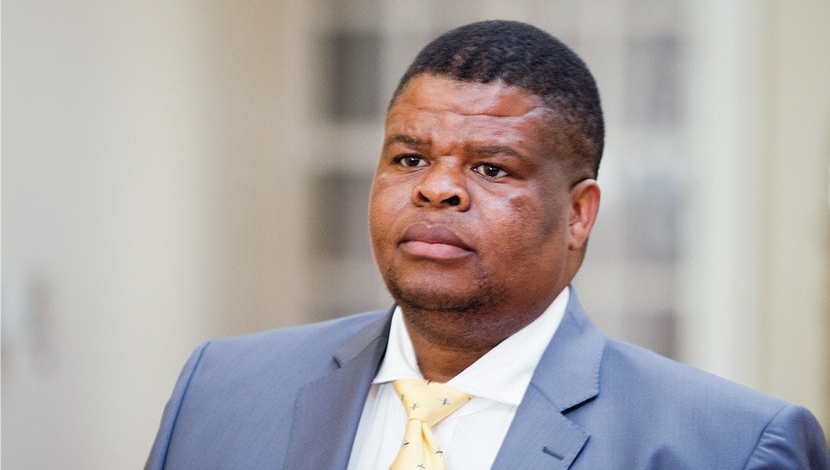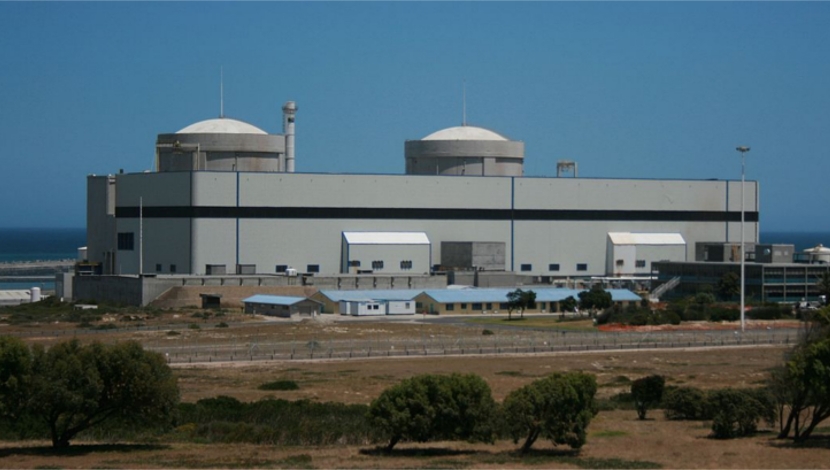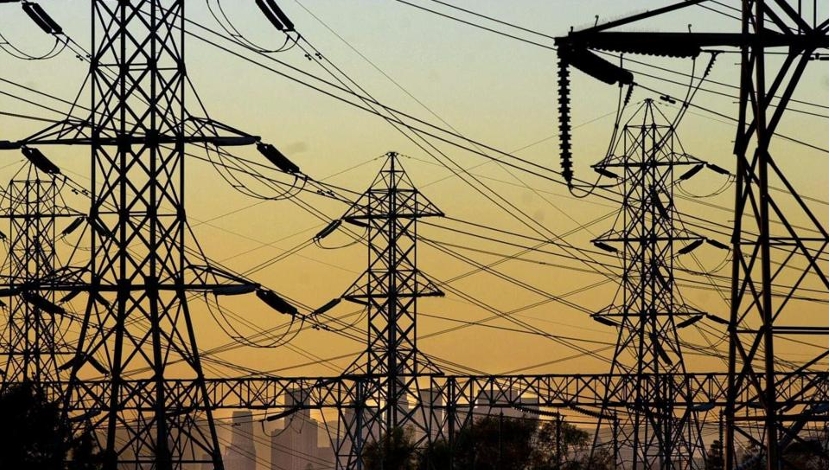

The South African Academy of Engineering (SAAE) has called for a moratorium on the procurement of new electricity generation capacity, including nuclear power, until consensus has been reached on a new Integrated Resource Plan (IRP), which should be the outcome of “proper consultation in an open and transparent process”.
The academy, which is a voluntary organisation comprising 197 eminent engineers across all disciplines, also called for the “hastily planned and convened Energy Indaba”, scheduled for December 7 and 8, to be postponed to January 2018. This would allow for “proper planning, including the release of a draft IRP by the Department of Energy (DoE) to allow meaningful participation by all relevant stakeholders”.
Similar calls have been made by several nongovernmental organisations, which believe the indaba may be an attempt by Energy Minister David Mahlobo to “rush” through an updated IRP, which includes a new nuclear build component.
One civil society grouping, FutureSA, has called for a national referendum on nuclear energy.
Mahlobo has denied that the nuclear energy deal was being in any way rushed or expedited and has also questioned the legal basis for a court application by Earthlife Africa (Johannesburg) and the Southern African Faith Communities Environment Institute (SAFCEI) requesting an order preventing government from take steps towards procuring more electricity from new nuclear power plants.
In April, Earthlife Africa and SAFCEI were successful in their application to have the processes that were being used to procure new nuclear capacity declared unconstitutional and illegal, along with three nuclear-related intergovernmental agreements.
In a statement the DoE described the latest application as “speculative”, arguing that the Minister had not contravened any aspects of the judgment delivered by the Western Cape High Court on April 26, 2017, and which the previous Minister, Mmamoloko Kubayi, decided not to appeal.
Nevertheless, SAAE also expressed concern over “lapses of due-processes” at the DoE, including the processes governing the drafting of the new of the IRP, which had not been updated for six years.
It called on the DoE to cease with ad hoc processes. Instead, the department should engage with relevant research groups and industry associations in a well-planned, facilitated and documented process to discuss and agree on the best available input parameters for the modelling of alternative scenarios for the IRP so as to ensure consensus on the assumptions.
“This could be achieved by establishing a technical forum where the various research groups and industry associations meet to discuss these issues. A new IRP can only be adopted after proper consultation in an open and transparent process,” SAAE said in a statement.
It added that “no procurement of new electricity generation capacity, including nuclear power, should be legislated, determined or procured until there is national consensus on the new IRP”.




